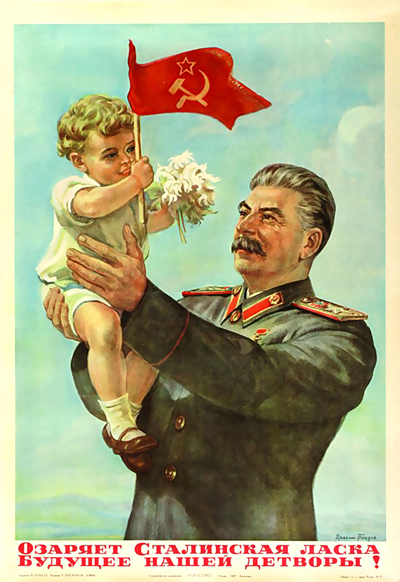My region is home to the world’s largest worker cooperative, Mondragon Corporation. Do you think worker cooperatives are useful to us? Why aren’t they more widespread? Could their growth be facilitated by new technologies like the Internet or Blockchain?


I am a worker-member of a (financially) successful worker co-operative in the UK. Basically, the analysis that @CommunistWolf provides is fair and accurate:
In short: I believe co-operatives are a weapon in class war, especially in areas where highly-educated workers can coalesce into pooling group resources, but they are nothing more than a tool and they have their limits and problems. It’s the same as being in a Trade Union; definiteyly don’t discount it and use this as a vehicle for working class politics, but the working class ultimately need a vanguard party drawing together workers from co-operatives, unions, protest movements, etc into a coherent political and revolutionary force.
One reality I have faced is that worker co-operatives may be approached from many different political angles. We are broadly left leaning in our co-operative, however I am the only Marxist Leninist. There are a few anarchist and socdems, but some of our ex-members were openly Conservative and viewed worker co-operatives as an extension to being “self-employed” or “running a business”, rather than being worker centric. There are also a lot of libs who like co-ops, but also lack the materialist and class analyses of other things and can’t break out of the “everyone should just form a co-op” mentality (note: this is less a reflection of my direct colleagues and more something that becomes apparent when engaging the rest of the worker co-operative or broader co-operative sector)
I would never discourage comrades or workers from forming co-ops, and my co-op’s structure, democracy, and staff compensation levels have allowed me to frame discussions with non-radicalised friends and colleagues in other organisations to e.g. direct them towards unions or get them to start questioning how the money they make for their corp is a lot more than what they receive in compensation. As noted, they’re a tool for damage control and for demonstrating the labour theory of value and illustrating how corp structures are oppressing even relatively well compensated workers.